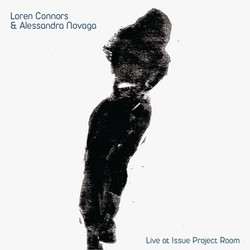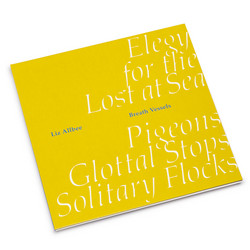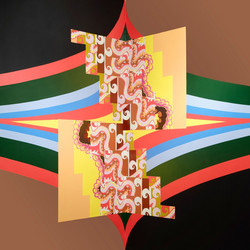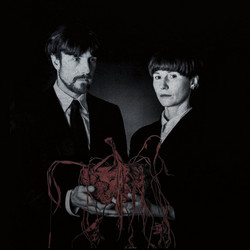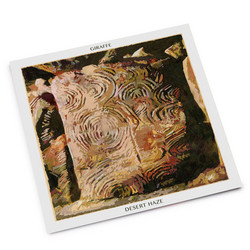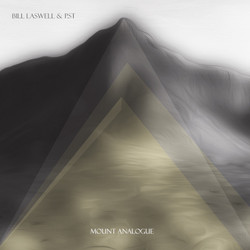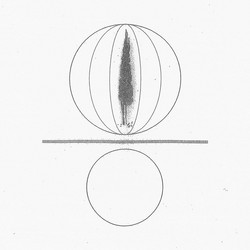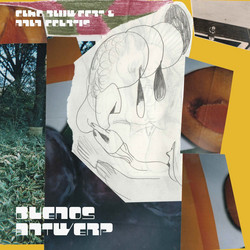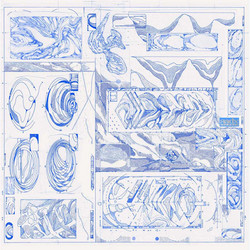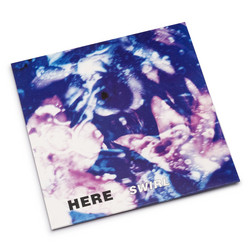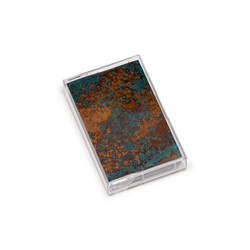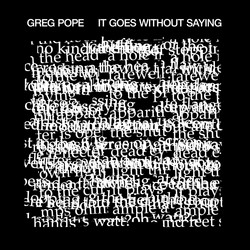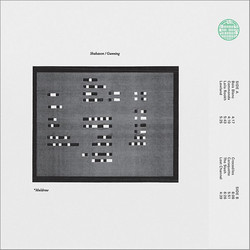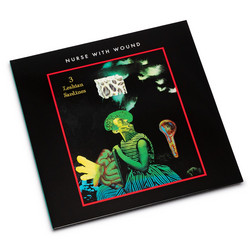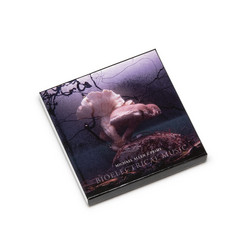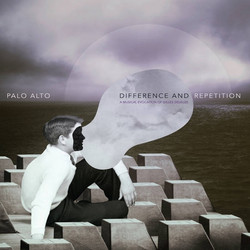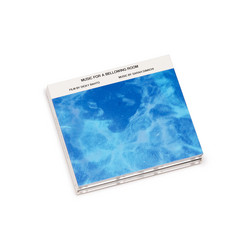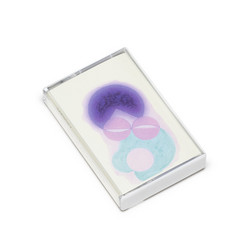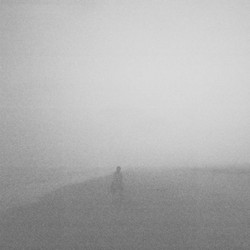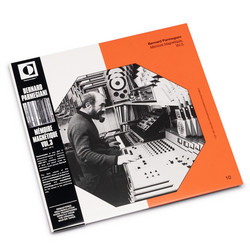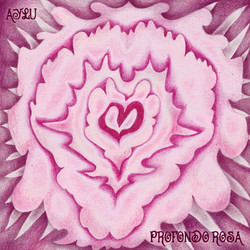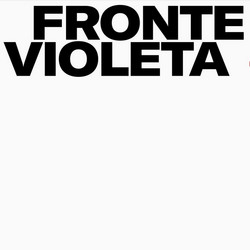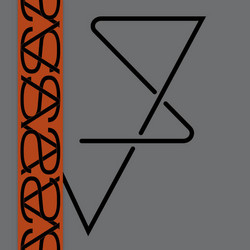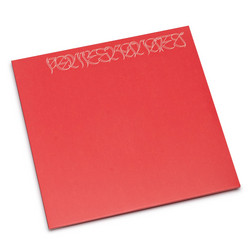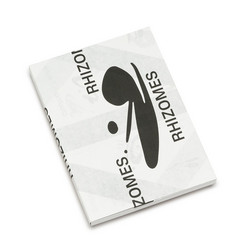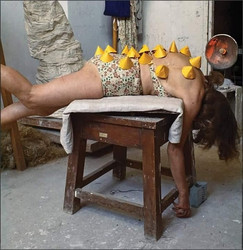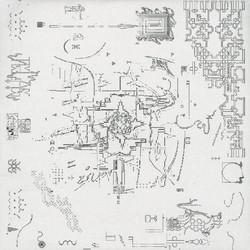With Fobia, the Argentinian musician and sound artist Aylu—born Ailin Grad—offers a deeply immersive experience, where the lines between the personal and the communal blur across the album’s nine interlinked compositions. Emerging from a period shaped by collaborative projects and reflective solitude, the record weaves Grad’s direct experience of mental health challenges, particularly agoraphobia and claustrophobia, into a narrative that defies isolation through expressive sound. In the crafting of Fobia, Grad sought initially to process knotty feelings of shame and concealed anxiety, only to discover that these afflictions are enmeshed within larger systems of collective suffering—“It took a long time for me to discover that my issues were part of a system that produces these kinds of symptoms and that it takes a lot of courage to find a way around them. I have the feeling that more and more people suffer from these kind of things in some way or another, and what was at first taught as something you should be silent about and keep private, I discovered that the more you talk about it and share it with people you trust, the more you realise that it’s part of something much bigger”.
Fobia is ultimately defined by its impressionistic approach to sound, negotiating the “shadows” between textural, harmonic, and tonal encounters—moments that remain at the fringes of familiar tradition, yet never settle completely. Rather than representing merely a personal journey, Grad’s music invokes a broader experiential state, resonant for anyone familiar with the complexities and contradictions of mental health. The album extends an invitation for listeners to move through pain with honesty and solidarity, finding traces of hope and strength in shared experience as much as in solitary introspection. Through Grad’s deft balancing of experimental electronica with emotional candor, Fobia stands as a quietly powerful testament to vulnerability, agency, and the transformative potential of creative resistance.
